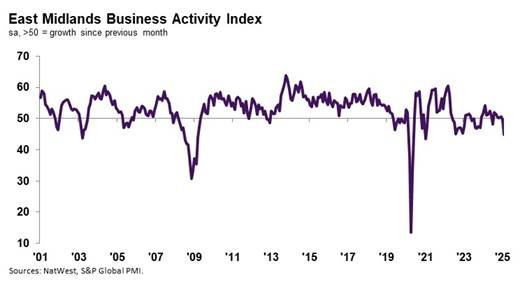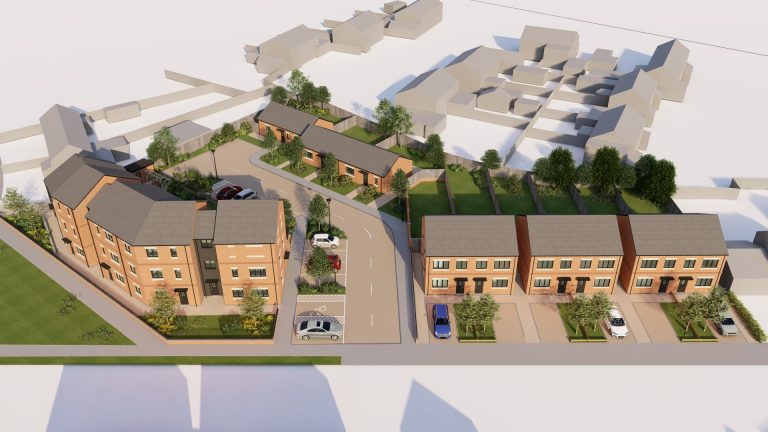Forterra, the manufacturer of clay and concrete building products, has reported a “resilient performance” in 2024, as challenging market conditions continued.
According to full year results, revenue was flat year-on-year, with a double digit increase in the second half relative to both the prior year and first half of 2024. Statutory pre-tax profit, meanwhile, grew to £24.8m from £17.1m. Forterra noted that 2024 UK brick industry despatches were up 2% compared with 2023, with fourth quarter despatches 20% ahead of the corresponding period. Total UK brick consumption, however, remains 30% behind 2022 levels.Neil Ash, Chief Executive Officer, said: “2024 saw the continuation of the challenging market conditions we have witnessed over the last two years, though the second half saw an improving position.
“Our focus has been on the areas we can control and delivered a resilient performance by successfully aligning our production to demand and returning the Group to a position of strong cash generation.
“We also continued to make good progress with our £140m strategic capital investment programme at Desford, Wilnecote and Accrington, which is now nearing completion.
“Trading in the first two months of 2025 has continued the positive trends seen in the final quarter of 2024, with our brick despatches 17% ahead of the prior year. We are currently concluding our customer pricing discussions and expect to deliver necessary price increases to offset cost inflation.
“We continue to take encouragement from the Government’s ambition to materially increase housebuilding but remain wary of the challenges in delivering this. During 2025, we anticipate some recovery in our markets, whilst remaining mindful of the wider macroeconomic conditions.
“Following our significant strategic investment in increased manufacturing capacity, the Group remains well placed as its key markets recover.”













